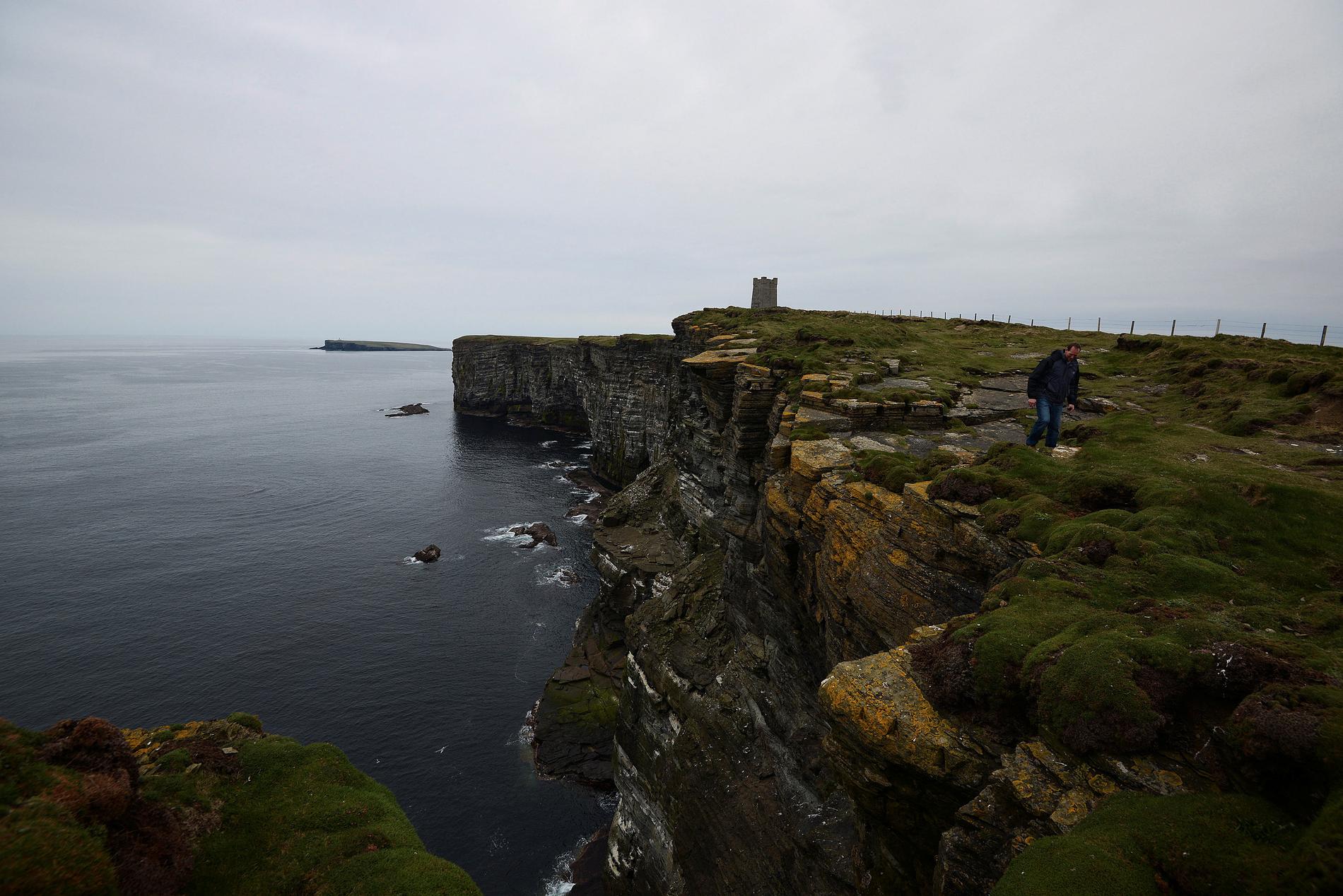Britain said it was impossible for the Orkney Islands to become part of Norway.
- On Tuesday this week, a report will be presented investigating alternative forms of government for the Orkney Islands.
- One of the proposals to be considered is for the Orkney Islands to become a self-governing territory under Norway.
- On Monday evening, Prime Minister Rishi Sunak’s spokesman said it was impossible.
- The leader of the council on the archipelago, James Stockan, said over the weekend that while investigating alternatives was resource-intensive, it was important to consider future generations.
- The Orkney Islands have strong cultural and historical roots to Norway. Norwegians settled the islands around 800, and the islands remained Norwegian until the Scots took over in the 15th century.
- British expert Øivind Bratberg said the problem arose because politicians on the islands felt they were being neglected by London and Scottish authorities.
Recently, local politicians in the Orkney Islands have expressed strong dissatisfaction with Great Britain and hinted that they would like to become part of Norway.
That’s out of the question, according to the United Kingdom.
– We are stronger as a united kingdom, and we have no plans to change that, Prime Minister Rishi Sunak’s spokesman said on Monday, wrote NTB.
Orkney Council is scheduled to look into alternative ways of governing on Tuesday this week.
One of the proposals was for the Orkney Islands to become a self-governing territory under Norway.

– Formerly part of the kingdom of Norway
Shetland, the Orkney Islands and the Hebrides were formerly part of the kingdom of Norway.
The Orkney Islands are located north of Scotland and were part of Norway until 1472, when they came under Scottish rule.
– We have a deep sense of belonging and cultural connection. We are at a time where we have to explore all possibilities, added Orkney board chairman James Stockan BBC on weekends.

“Social media guru. Total beer fanatic. Tv ninja. Typical coffee fan. Amateur entrepreneur. Unapologetic food scholar.”







